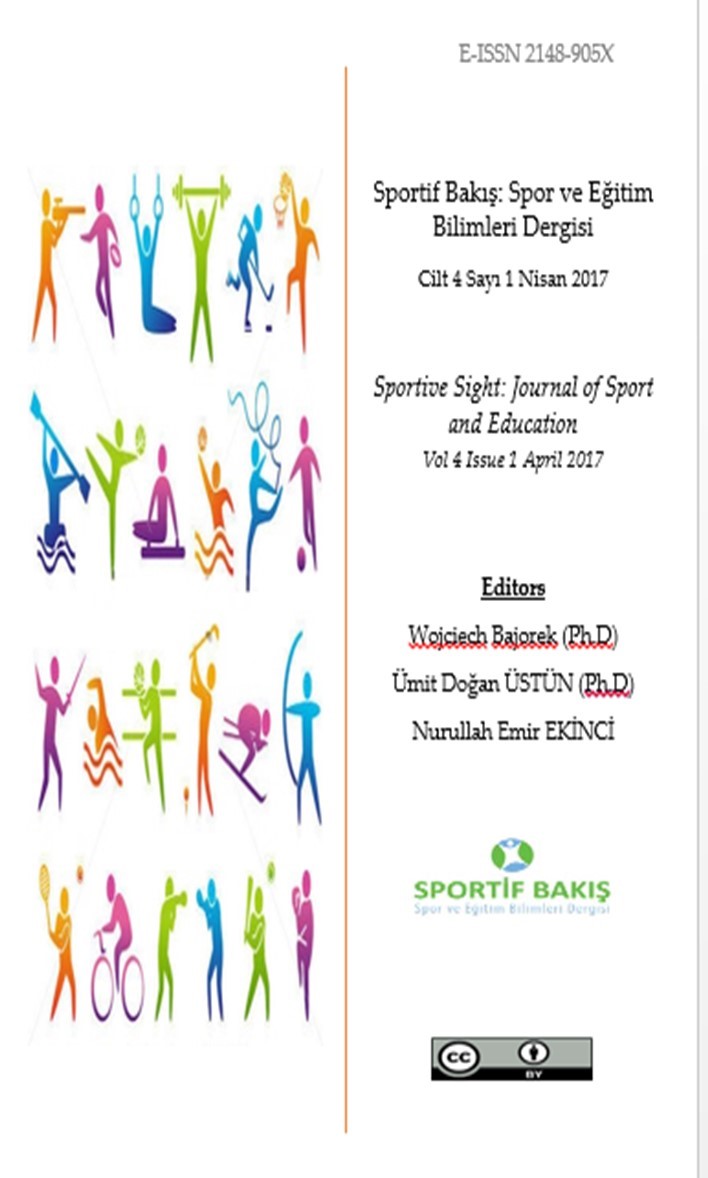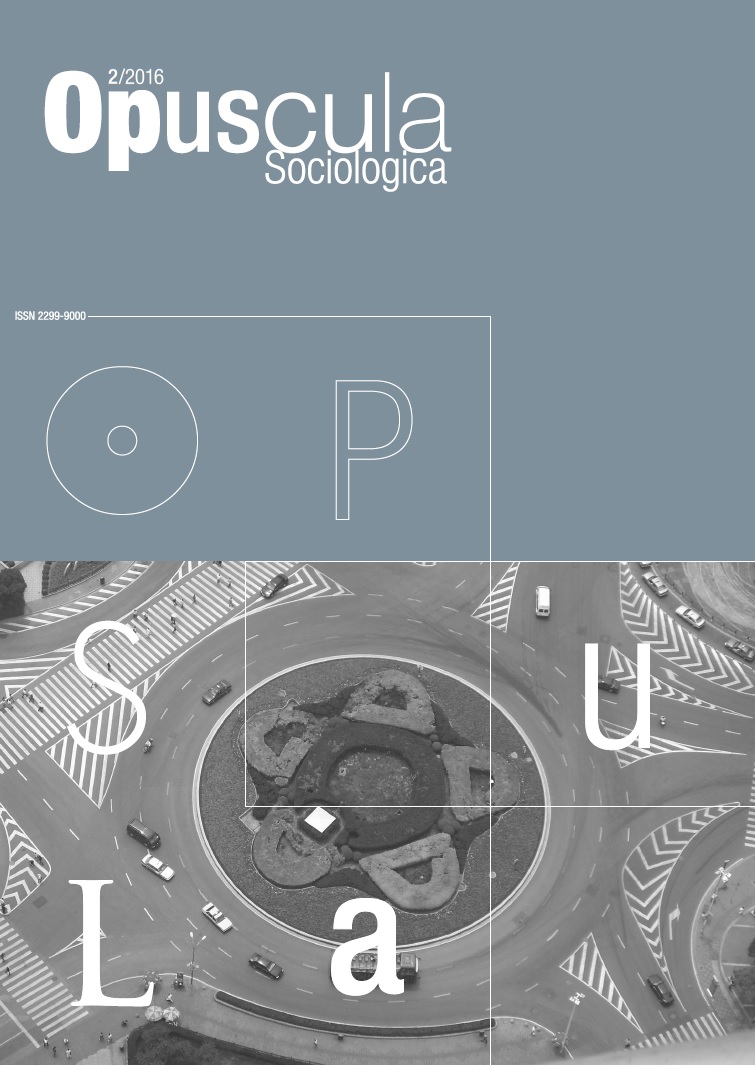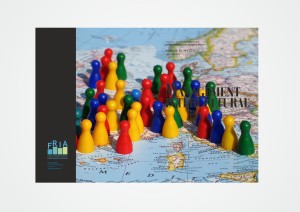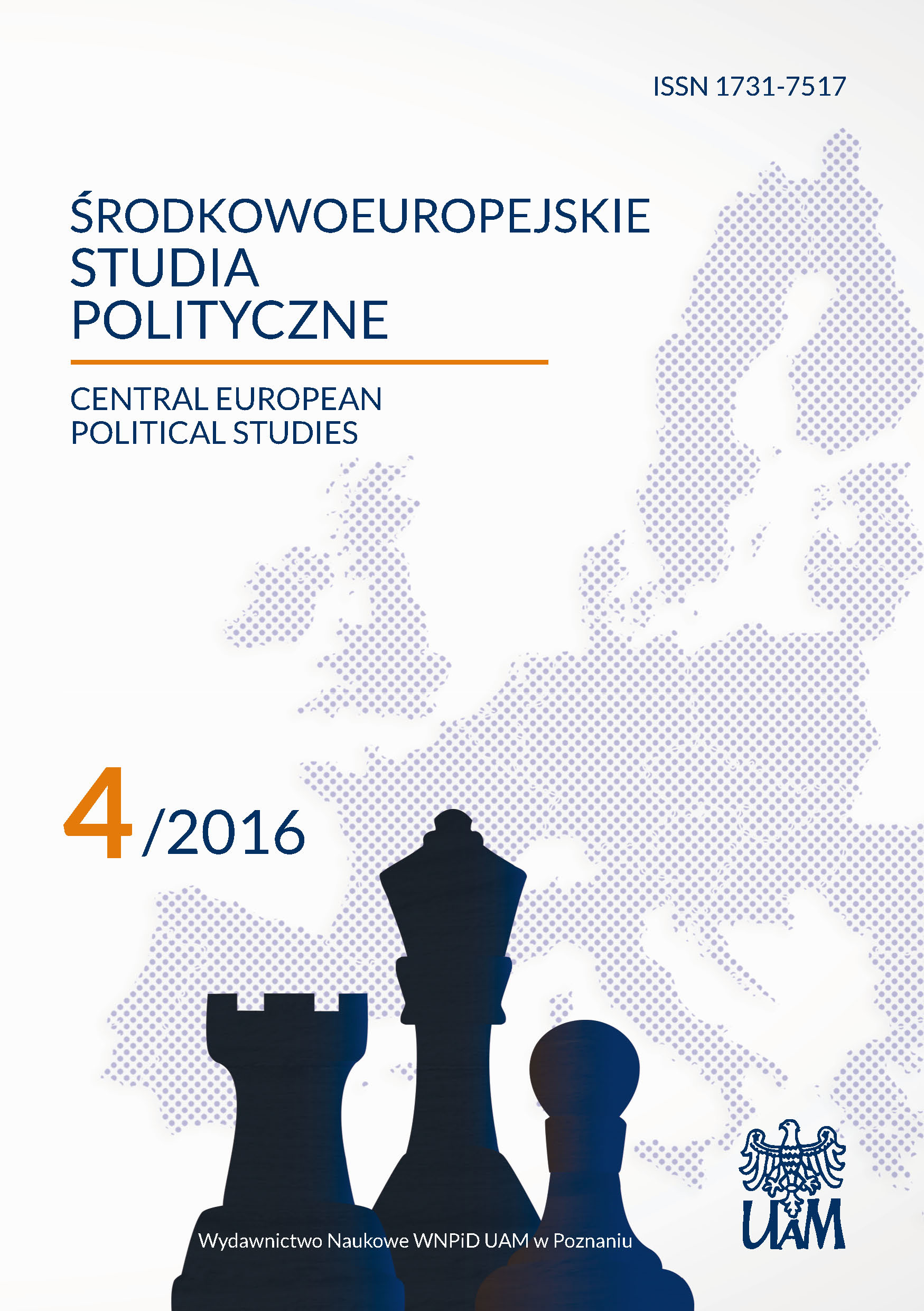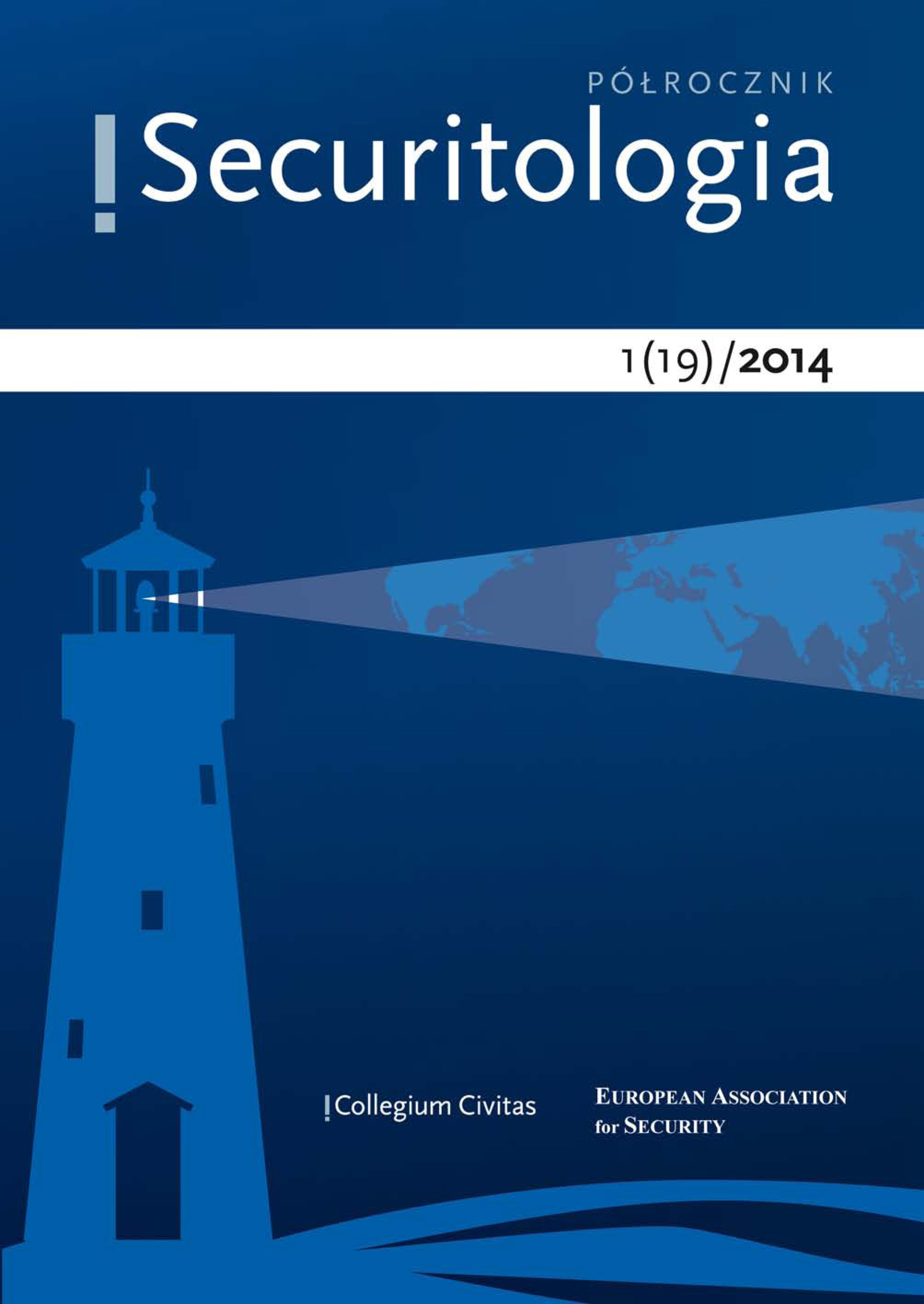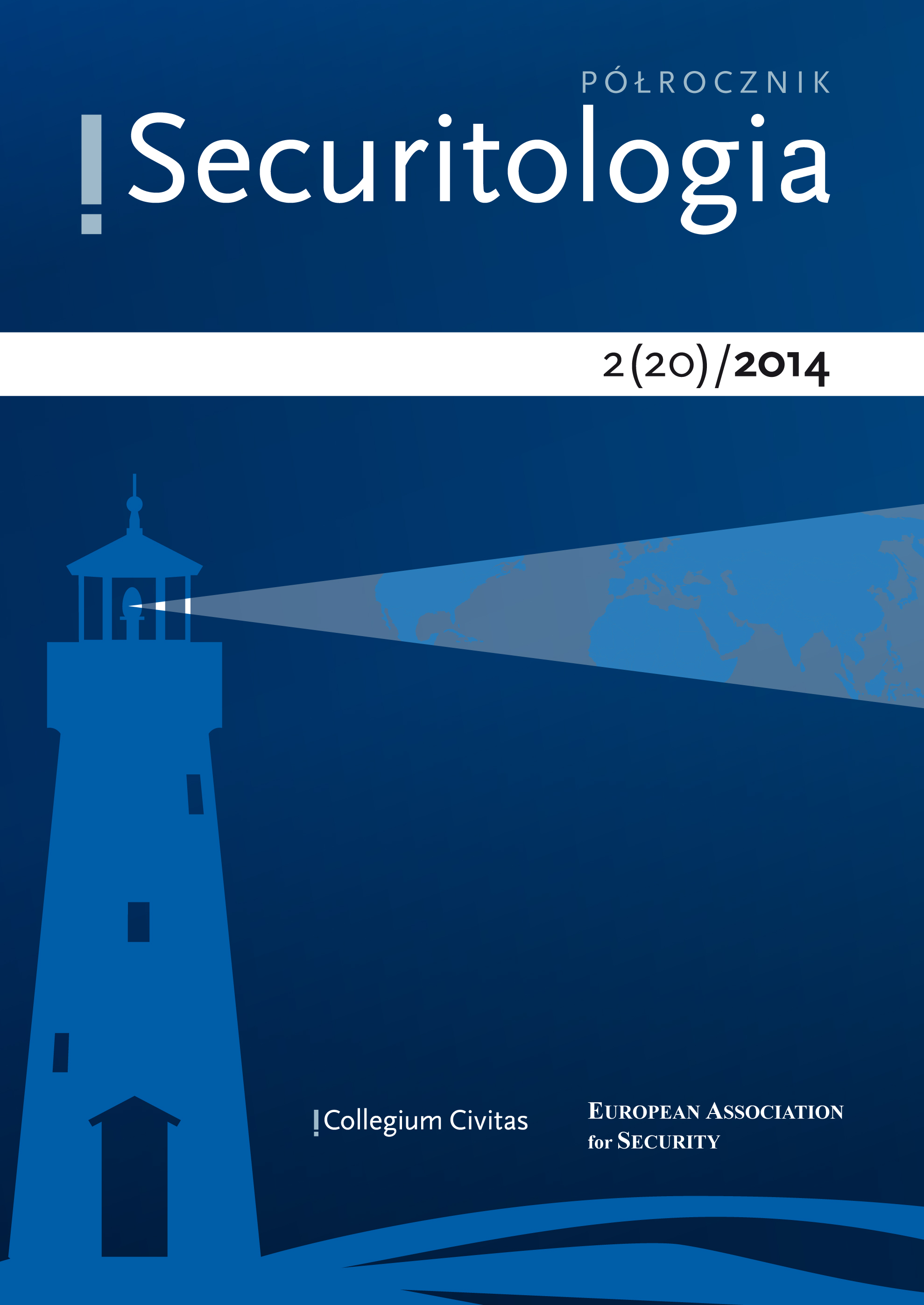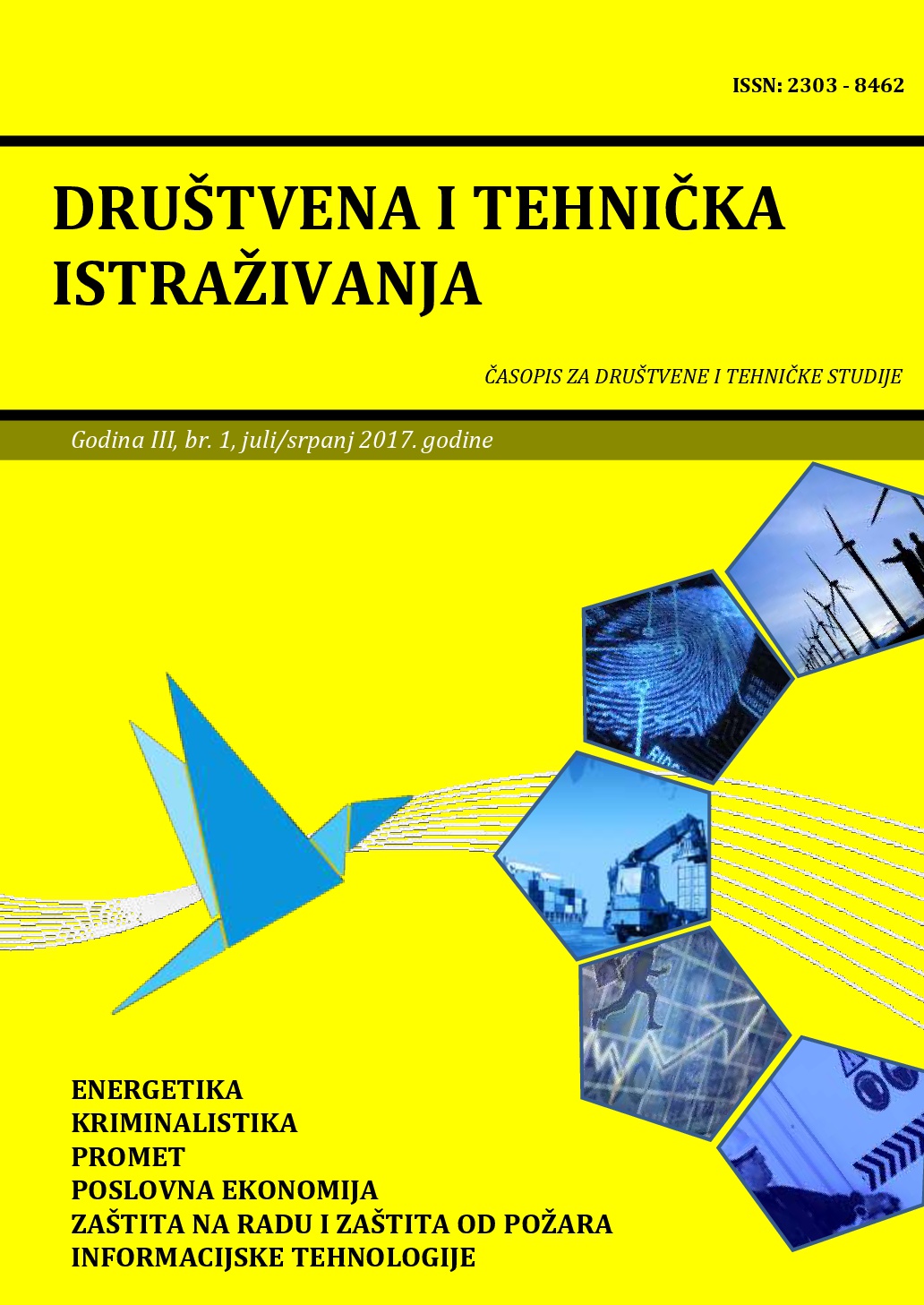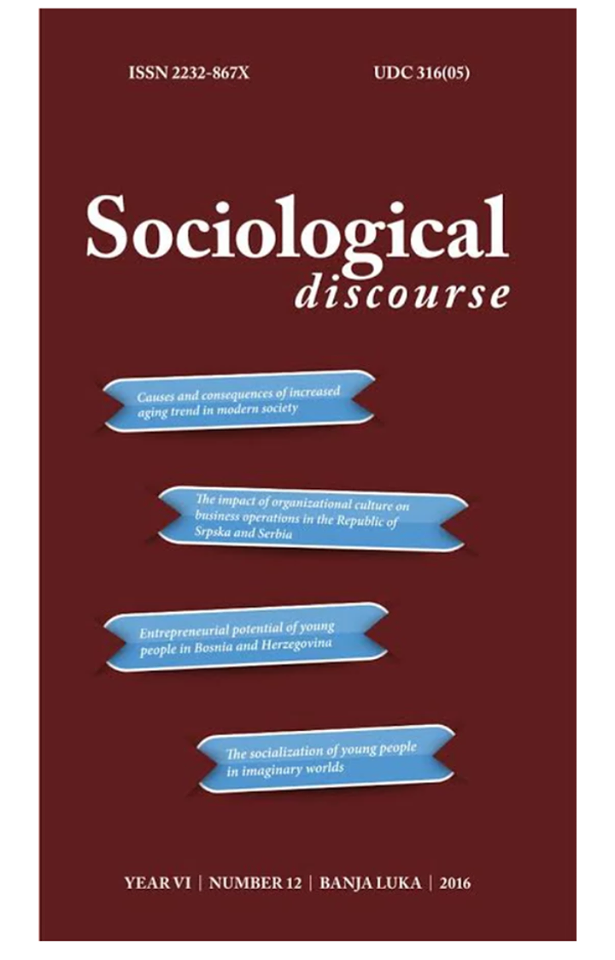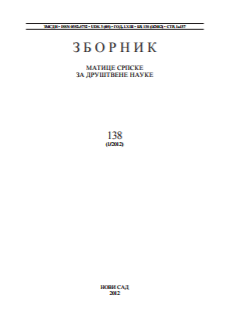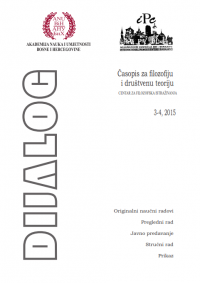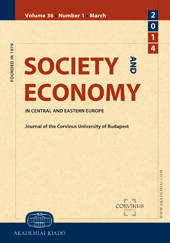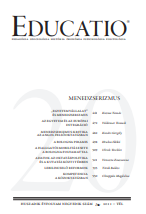Author(s): Oksana Mykolayivna Gavelya / Language(s): Ukrainian
Issue: 2/2014
This article reviews the new management strategy processes of internalization of cultural property gifted person in terms of nation-building in Ukraine. The author of the study based on the best domestic and international experience gained in a designated area. To define the modern strategies of management of the internalization processes of cultural properties of gifted person in terms of nation-building in Ukraine, the author of the article conducted sociological studies, which included questionnaires and oral interviews talented students in higher educational institutions of Ukraine. In this process we used the method of conversation. The sample was 2500 people. Gifted students should have not only the appropriate knowledge and information from the literature, but they also should have the specific skills of evaluation, analysis, systemizing, using their knowledge in practice. This is an integral part of such thing as reading culture. The first category of respondents conventionally have been attributed to the "humanities." The question "What subjects do you most enjoy watching?". The 37% of respondents answered that they had liked the humanities. The second category of gifted students were the "artists." Among the 32% of respondents preferred subjects of art and artistic cycle such as piano, vocal, choral conducting, visual arts, choreography, design etc. The third category were "economists and lawyers" (the 7% of them preferred subjects of economic and the 5 % of them preferred the jurisprudential cycle), and the fourth one were "naturalists, scientists", 19% of them called subjects of science series such physics, The 41.1% of the respondents "humanitarians", answering the questionnaire "What book edition do you prefer?" called fiction, the 17% of them called books on art, art history, the 11.1% of them named the educational one, the 7% of them named the scientific popular publications, the 5.3% of them – socio-economic literature, the 3,2% of them – religious one, the 3.1% of them – books and textbooks, the 2,6% of them – natural scientific literature, the 2%of them – philosophical, the 2.2% of them – literature on cultural studies, the 2.1% of them – political, the 1.5% of them – technical, the 0.95% of them – art literature, the 0,85% of them – psychological. The question was 'What genres and topics you prefer to book literature?" The humanists said that they are most interested in classics (14.6%), poetry (9.2%), historical novel (8.7%), realistic story (7.3%), modern fiction (6.8%). The 6.5% of respondents like adventure, 6,4% – scientific fiction and fantasy, 5.5% – the modern novel, 5% – drama, the 4.6% of respondents admired detectives. In reading the 3.7% of respondents the specialty books dominate in such spheres historical – 3.3%, 3.2% – on religious subjects, 3.1% – political stories, 2.9% – horror and mysticism, 2 5% – melodrama (female romance). Publications on parenting are interested in the 1.2% of respondents, books about sex – 1.1%, interests (publications on gardening, housekeeping, cooking, etc.) – 1%, comedy books – 1%, astrology – 0.9%, psychology – 0.85%, esoteric – 0.65%. The 42.2% of respondents, being classified as "artist", responding to the questionnaire "What book edition do you prefer?" called fiction, 19% – books on art, art history, 9.7% – Fine Arts, 7 2% – religious, 7.1% – psychological, 4% – philosophical, 3.2% – cultural studies, 1.8% – books and textbooks, 1,3% – literature on education, 1.2% – scientific and popular publications, 1,1% – political literature, 0,9% – socio-economic, 0,8% – natural scientific literature, 0.5% – the technical literature. The question was 'What genres and topics you prefer to book literature?" The artists responded that they are most interested in classics (24.6%) and modern prose (11.8%). Poetry is being interested in – the 9.5% of respondents, historical novel – 6.6%, the modern novel – 6.3% and 5.8% – detectives. The structure of reading the 5.5% of respondents in this category a realistic novel dominated, adventure – 5.4%, fiction and fantasy – 4,4%, book comedy – 4.2%, drama – 3.8%. Publication of the specialty are interesting for the 2.7% of respondents, historical – 2.3%, religious – 1.1%, a political novel – 1%. The 0.9% of respondents like to read horror and mysticism, 0.8% – melodrama (female romance). Books on parenting interested in 0.7% of the respondents about sex – 0.7% interest (publications on gardening, housekeeping, cooking, etc.) – 0.6%, astrology – 0.6%, psychology – 0 5%, esoteric – 0.2%. The 34% of respondents classified as "economists and lawyers' answers to the questionnaire" What book edition do you prefer? " called fiction, 25.7% – socio-economic, 10% – natural sciences, 9% – philosophical, 6.2% – political, 5.8% – scientific and popular publications, 3% – books and textbooks, 2,1% – religious literature, 2% – on art, art history, 1% – the literature of cultural studies, 0.5% – educational, 0, 3% – technical, 0.2% – fine Arts, 0.2% – psychology. The tastes of this group of readers by genre and theme, divided in such a way poetry – 15.7%, classics – 13.6%, drama – 10%, a historical novel – 6.7%. The 6.4% of respondents like to read horror and mysticism, 5.5% – modern prose, 4.1% – a realistic story, 4.8% – scientific fiction and fantasy, 4,6% – detectives, 3.5% – adventures. The books on specialty preferred the 3.5% of respondentsv, comedy genre – 3.4%, a historical novel – 3.1%, political – 2.7%. The religious topics of interest of the 3% of the respondents, 1.4% prefer the modern novel, 1.3% – melodrama (female romance). Books about sex are interesting for 2%, the education of children – 1.2%. Books of interest – 1%, astrology – 0.1%, psychology – 2%, esoteric – 0.4%. The 49.6% respondents – "naturalists, scientists" among the priorities of book editions called natural-scientific literature, 11.7% – artistic, 9.5% – technical, 7.1% – books and textbooks, 5.1% – political literature, 5% – popular science, 2.8% – philosophical, 2.3% – books on art, art history, 2% – education, 1.9% – socioeconomic, 1.1% – religious, 0.8% – the literature of cultural studies, 0.6% – the literature of the fine arts, 0.5% – psychology. As for genres and themes of books, the most popular among the readers of this book are in the category of specialty – the 39.7% of respondents, historical – 8.3%, classics – 7.4%, poetry – 5.2%, a historical novel – 5.1 %, realistic story – 4.7%, political novel – 4.1%, modern prose – 3.7%. The 3.4% of respondents like adventure, 3.3% – scientific fiction and fantasy, 2.4% prefer the modern novel, 2.2% – drama, 2.1% – the publication of comedy, 2% – astrology, 1.7% – psychology, 1.4% – detective, 1.1% – religious subjects, 0.9% – horror and mysticism, 0.5% – melodrama (female romance). Publication of parenting are interesting for 0.4%, a book about sex – 0.2% interest publications – 0.2%. The author of the article also carried out the sociological and cultural analysis of the interests and priorities of the gifted person in the field of music. The 32% of respondents preferred the subjects of art and artistic cycle such as piano, vocal, choral conducting, visual arts, choreography, design, etc. On the basis of which they were classified as "artists." The largest number of respondents preferred piano and symphonic art (55, 8%). The second of the most popular with respondents artists is vocal art (22, 1%). On third place on the popularity of the respondents is choral art (15, 3%). The author proved the possibility of optimal control of the process of internalization of cultural properties gifted person in conditions amounting personal interests and needs that have the diverse orientation.
More...
